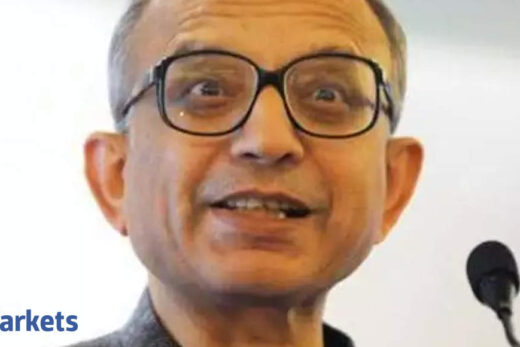The sources said that there are more than 4.5 crore contributors’ accounts in EPF. Out of these more than 1.23 lakh accounts are of HNIs who contribute monthly very huge sums to their EPF accounts. Their total contribution is to the tune of Rs 62500 crore as of now and the government is owing or paying an assured interest at the rate of 8% (the interest paid on EPF contributions) with tax exemptions to these persons, the sources said. This is helping the HNIs escape paying tax on interest which would have been taxable if the amount had been invested in a normal bank fixed deposit.
The sources added that one of the highest contributors has more than Rs. 103 crore in his account followed by two second highest ones having more than Rs. 86 crore each. Sources said that the top 20 HNIs have about Rs. 825 crore in their accounts while top 100 HNI contributors have more than Rs. 2000 crore.
According to sources these HNI contributors who are 0.27 % of the total number of EPF account holders have on an average a corpus of Rs. 5.92 crore per person and were thereby earning about Rs. 50.3 lakh per annum each as tax free assured interest. The government has tried to remove this disparity of paying huge tax free interest to HNIs at the cost of honest average salaried class contributor and taxpayers.
The decision to remove the tax exemption on interest earned on provident fund contributions of Rs 2.5 lakh and above in the budget, said the sources, thus was based on the principle of equity among the contributors. Sources reiterated that since any tax exemption is provided through taxpayers’ money, it was unfair to allow a small group of HNIs to misuse a welfare facility. The average normal EPF or GPF contributor would not be affected by this tax proposal, sources added.
In an interview with ET, revenue secretary Ajay Bhushan Pandey also said that the decision to remove the tax exemption on provident fund contributions of Rs 2.5 lakh and above in the budget was based on the principle of equity. “Any tax exemption is taxpayers’ money— assured return being given is again coming out from the taxpayers’ money,” he told ET in an interview. “The question is those who are depositing higher, should they be given the tax concession at the cost of another taxpayer?”



